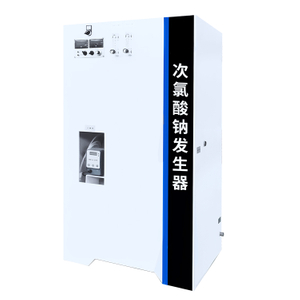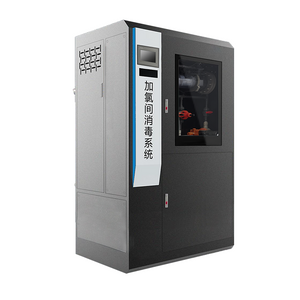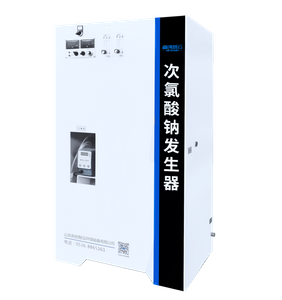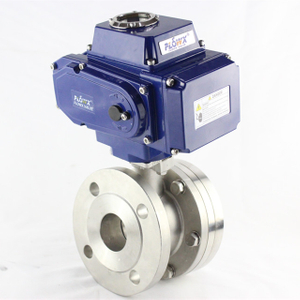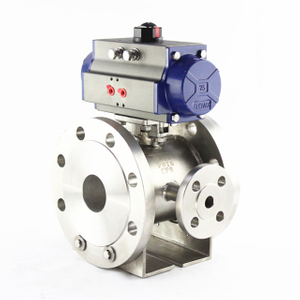Selection of valve surface coating
Views: 21 Author: Site Editor Publish Time: 2021-10-22 Origin: Site
Corrosion is one of the important elements that cause valve damage. In valve protection, valve anti-corrosion is an important consideration. For metal valves, surface coating treatment is the best cost-effective protection method.
一. The role of surface coating
1. Shielding
After coating the metal surface, relatively speaking, the metal surface is separated from the environment. This protective effect can be called a shielding effect. However, it must be pointed out that a thin layer of paint cannot play an absolute shielding role. Because polymers have certain air permeability, when the coating is very thin, the pores of the structure allow water and oxygen molecules to pass freely. Flowx soft-seal valves have strict requirements on the thickness of the epoxy resin coating on the surface. It can be seen that for many coatings, the value is greater than that of the steel surface without coating. In order to improve the impermeability of the coating, the anti-corrosion coating should use film-forming substances with small air permeability and solid fillers with large shielding properties. At the same time, the number of coating layers should be increased to make the coating reach a certain thickness and be dense and non-porous.
2. Corrosion inhibition
The internal components of the coating react with the metal to passivate the metal surface or generate protective substances to improve the protective effect of the coating. Valves with special requirements must pay attention to the paint composition to avoid serious adverse effects. In addition, the cast steel valve used in the oil pipeline, the degradation products generated under the action of some oil and the drying action of the metal soap, can also act as an organic corrosion inhibitor.
3. Electrochemical protection
When the dielectric penetration coating contacts the metal surface, electrochemical corrosion under the film will be formed. Use metals with higher activity than iron as fillers in coatings, such as zinc. It will play the role of sacrificial anode protection, and the corrosion products of zinc are basic zinc chloride and zinc carbonate, which will fill the gaps of the film, make the film tight, and greatly reduce the corrosion and prolong the service life of the valve.
二.Coatings used in FLowx valves
1. Epoxy resin coating on valve body
Has the following characteristics:
Corrosion resistance
The epoxy resin coated steel bar has good corrosion resistance, and the bond strength with concrete is significantly reduced. It is suitable for industrial conditions in humid environments or corrosive media.
Strong adhesion
The existence of polar hydroxyl groups and ether bonds inherent in the epoxy resin chain makes it highly adherent to various substances. The shrinkage of epoxy resin during curing is low, and the internal stress produced is small, which protects the surface coating from falling off and becoming invalid.
Electrical properties
The cured epoxy resin system is an excellent insulating material with high dielectric properties, surface leakage resistance, and arc resistance.
Mold resistant
The cured epoxy resin system is resistant to most molds and can be used in harsh tropical conditions.
2. Valve plate nylon plate material
Nixon 11 is highly resistant to corrosion, and has been successfully used in many applications such as water, mud, seafood, and sea water desalination.
Outdoor sex
FLOWX's Ni 11 coating can pass the 2000 hour salt spray test, and it has not peeled off the coating after being immersed in sea water for more than 25 years, so there is no corrosion to the metal components.
Abrasion resistance
Has very good resistance to damage.
